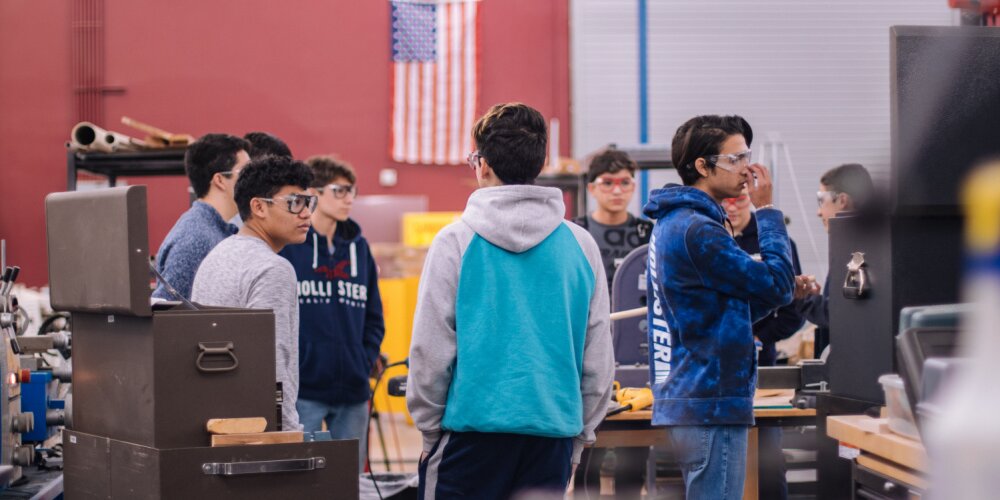Browse our services
Explore how Brookes Bell can help you
Find an expert
Meet our team, find and expert and connect
Contact us
Get in touch, we're here to help

The electrification of the maritime industry continues apace (literally) with the news that a team of students from Princeton University have set a new speed record with their ‘Big Bird’ electric speedboat.
Achieving an average speed of 114.2 mph (183.8 km/h), the team easily surpassed the previous record of 88.61 mph set by Jaguar Vector Racing - a professional racing group.
The record-breaking speed run took place on 26th October at Lake Townsend near Greensboro, North Carolina. The attempt involved multiple runs, with the first clocking in at 111.08 mph. The second run saw Big Bird hit a top speed of 117.50 mph - resulting in an average speed of 114.20 mph.
This second run also topped an unofficial single-point speed record set by Vision Marine in August, with a top speed of 116 mph.
Big Bird was piloted by professional hydroplane driver John Peeters. The wider team comprised 40 undergraduate and graduate students. The team is led by Andrew Robbins, a junior studying mechanical and aerospace engineering.
Commenting on the team’s achievement, Robbins said:
“The previous day (of testing) had gone really well for us. We were looking to break the Jaguar record right out the gate. In the first run, we wanted to go down, put out a pretty quick pass, and have everything go well.
We weren’t necessarily anticipating breaking (Vision Marine’s) unofficial record right off the bat. It happened that the boat ran a little bit faster than expected, so we took both records in one go, which was awesome”.
The genesis of Big Bird was in February 2022, with the subsequent engineering process stretching over 20 months. This process saw the team partnering with Black Sheep Racing, Flux Marine, and multiple other organisations to gather the necessary components for the boat.
Arguably the biggest challenge faced by the team was the weight of the boat. To be in with a chance of breaking the speed record, they needed to keep the boat’s weight as low as possible. Robbins picks up the story:
“One of the big drawbacks of electric vehicles, particularly electric boats, is that the battery pack required to make them run for long durations is very heavy. And so in this case, our battery pack was about 330 pounds, and the boat weight was only about 975 pounds with the driver.
Keeping (the weight) low and making sure that we’re able to get high discharge was probably our toughest feat, but (we had) a good team behind it”.
Having achieved this, and with the new speed record under the belt, the team is not resting on their laurels.
They’ve got their sights set on going even faster.
Robbins explains:
“The next step is to go much faster. We’ve got a custom hull that’s being built by Black Sheep Racing. J. W. Mears is heading that construction, and then we’ve got a custom battery pack being built by Daneco Ltd. out of the UK, and that should increase our power by about 75%. The mark is to be in the high 140s. 149 is the goal”.
If you’re looking for maritime consultancy that’s trusted by the best, then speak to Brookes Bell today.
Our services span from Master Mariners and marine engineering to naval architecture and cargo consultancy (and much more).
What’s more, Brookes Bell is trusted by the world’s most eminent insurers, P&I clubs, owners, charterers, underwriters, cargo owners, amending underwriters, lawyers, salvors, shipyards, average adjusters, and government departments.
For more maritime industry insights, news and information, read the Brookes Bell News and Knowledge Hub…
What Are the World’s Biggest Ports? | World’s Largest Hybrid Ship to Begin Operation in 2024 | What Is Metallurgy and How Is It Used in the Maritime Industry?